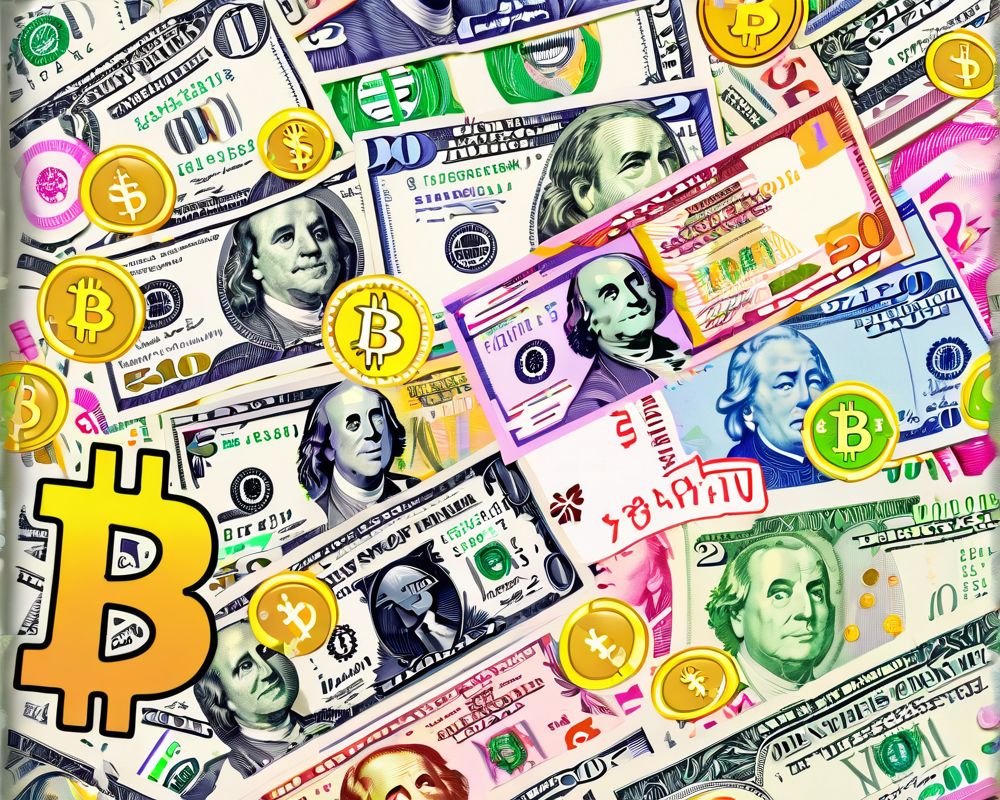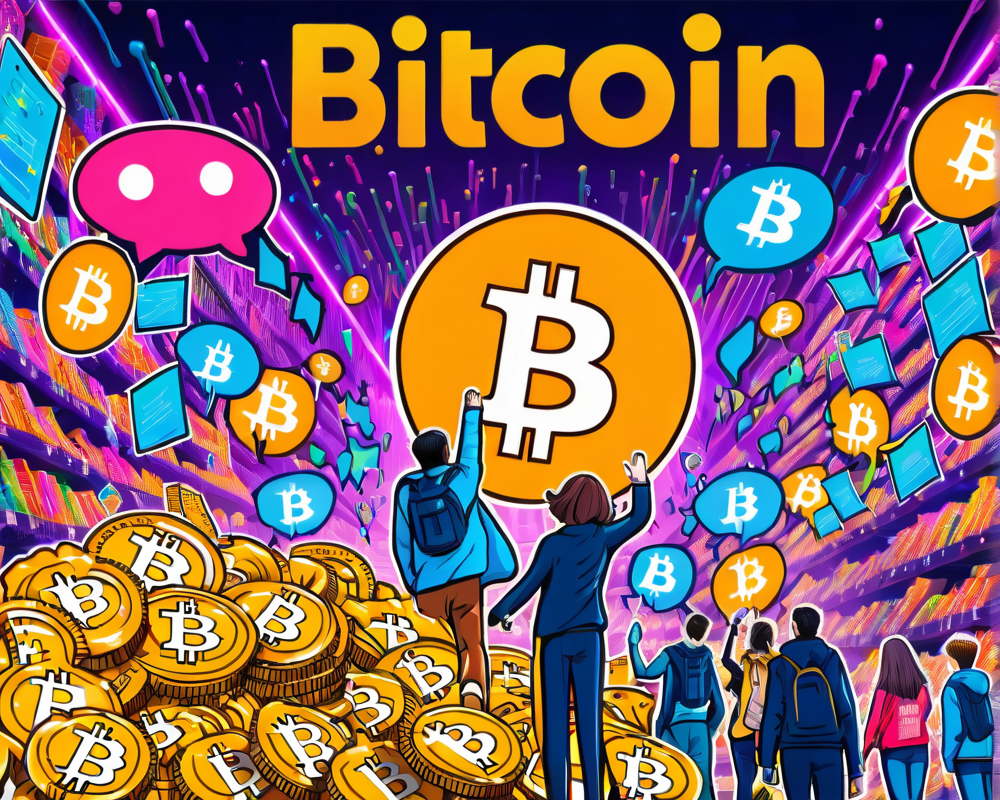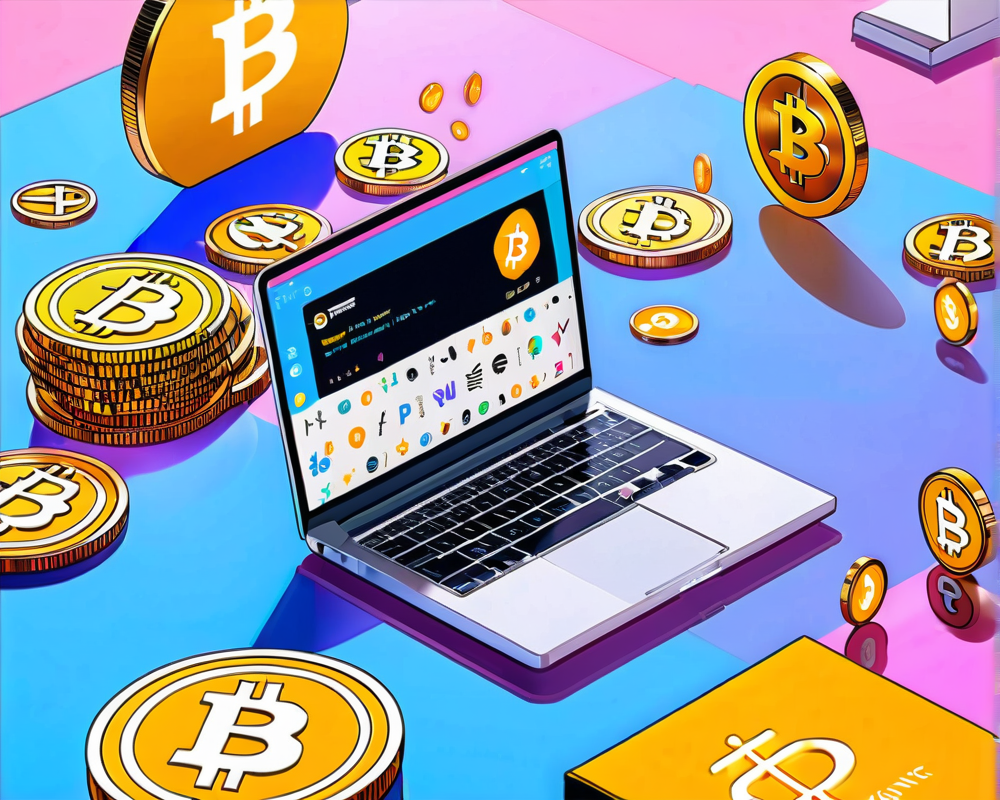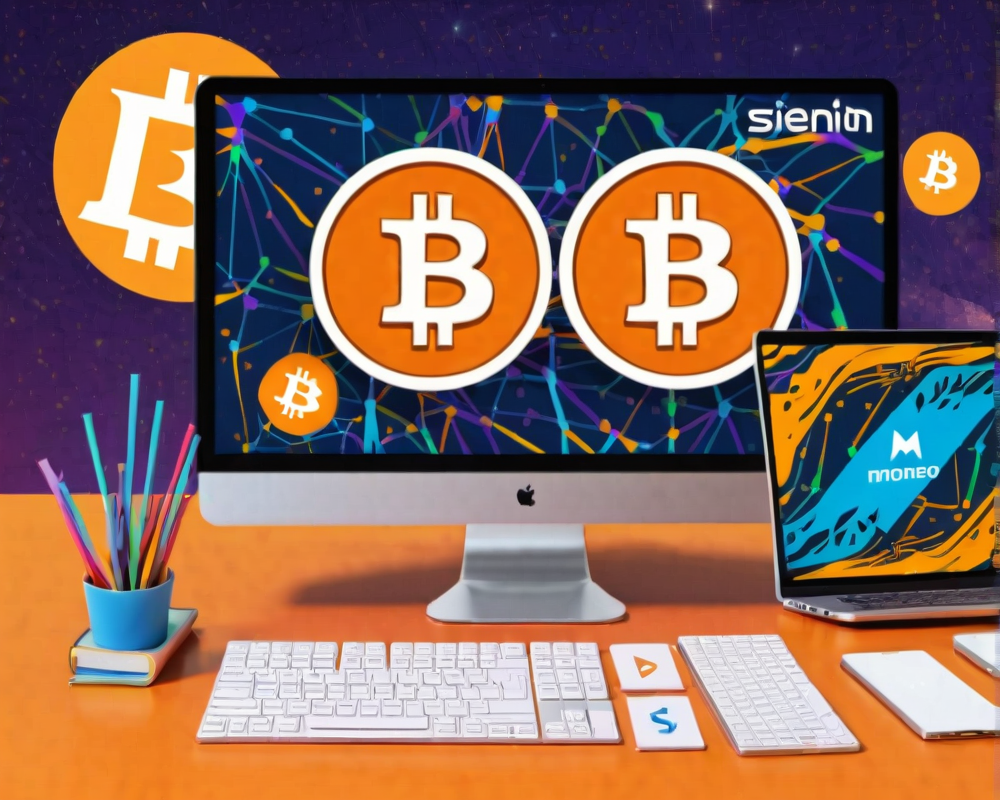Understanding De-dollarization
De-dollarization may sound like a fancy term tossed around at economic conferences after one too many cups of coffee, but it’s more than just a buzzword. It refers to the gradual decline of the U.S. dollar’s reign as the world’s go-to reserve currency. Think of it as the dollar’s slow dance off the international stage.
A Century of Dominance
For over 100 years, the dollar had a captivating performance as the world’s main reserve currency. Many nations relied on it to settle international debts and conduct trade. If currencies were Olympic athletes, the dollar would surely have a gold medal hanging around its neck.
Signs of Change
But in recent years, that dominance has begun to wane. The International Monetary Fund (IMF) reveals that the dollar’s share of global reserves has plummeted from about 70% to under 60% over the past two decades. First off, take a moment to let that sink in—yes, it’s kind of like the world’s largest pizza slice slowly being divided into smaller and smaller slices.
The Ukraine Factor
After the U.S. and its allies froze Russia’s dollar reserves in reaction to the invasion of Ukraine, other nations began re-evaluating their reliance on the greenback. Countries across different continents are exploring alternatives, which is compelling central banks to reconsider their currency strategies. It’s like a bad breakup where everyone suddenly realizes they can do better.
Emerging Alternatives
Some nations are talking about creating new currencies for international trade. Others are turning their attention towards gold, hoarding it like squirrels preparing for winter. And let’s not forget Bitcoin, which might just be the dark horse in this currency race. With crypto’s appeal as a decentralized asset much like gold, it could be a surprising contender.
Conclusion: The Future of Currencies
As we watch the de-dollarization trend unfold, one thing is crystal clear: the world economy is in flux. Determining what this means for the U.S. dollar—and assets like gold and Bitcoin—will be crucial as countries navigate through shifting alliances and economic landscapes. It’s going to be a wild ride, so buckle up and keep an eye on the currency markets!




